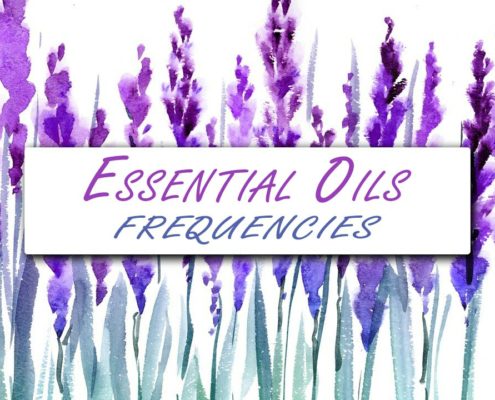
Do essential oils raise your frequency?
Raising vibrational frequency in the body has been believed to have various benefits ranging from preventing viruses, bacteria, and fungi to improving physical, mental, and emotional well-being to protecting against serious diseases like cancers.…
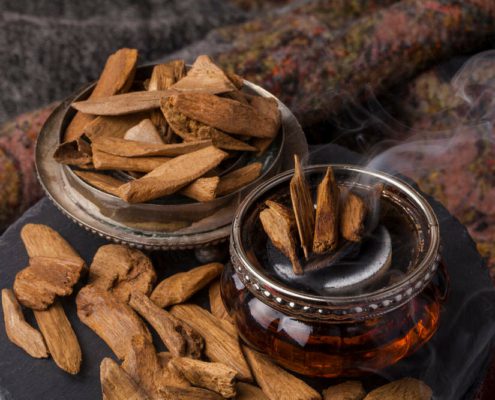
What is so special about Oud?
It’s not the price of oud that makes it so unique and sets it apart in the entire natural perfume industry, but the factors involved in heightening the prices. Do you want to know what is so special about oud? - Please keep reading.
In…

Natural isolates in perfumery
While isolates provide huge opportunities for perfumers to show up their creativity in an extreme extended manner, they might be a concern for perfume users if not created following really natural means.
The term “natural isolates” became…

Ayurveda and Aromatherapy
Ayurveda and aromatherapy are closely correlated and are very complementary to each other in terms of healing the body, mind, and soul in a holistic manner. While Ayurveda aims to address the imbalances of energetic dispositions in the body…

Leathery Perfumes
In perfumery, there is no leather essential oil or a natural essence of leather. Perfumers compose a leather accord using various materials such as castoreum, birch tar, juniper, oud, labdanum, styrax, tobacco, benzoin, or, unfortunately, other man-made synthetic molecules like aldehydes to impart a leather-like scent to perfumes.
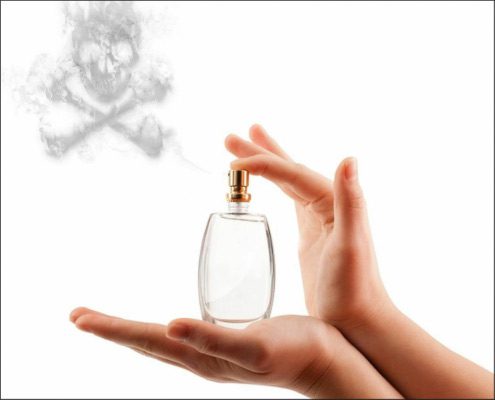
Danger of musk ketone in perfumes
Musk ketone is widely used as a synthetic alternative to natural musks and is extensively found in various consumer products such as perfumes, cosmetics, soaps, lotions, sprays, and detergents. Studies have revealed a number of dangers of…

Vanilla Perfume: Properties, Extraction, and History
Vanilla exerts a sweet, warm, creamy, comforting, yet also slightly evocative scent. It represents an intertwined feeling of voraciousness and relaxation that has a distinct complexity of pleasure. It is both fresh as well as nostalgic, relaxing yet invigorating, just like magic in its kind that is universally pleasant and enjoyable.
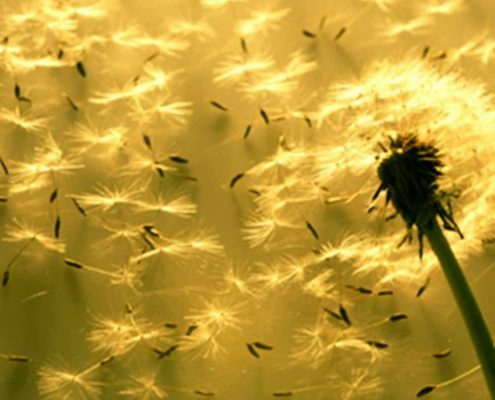
Perfume Allergy: Symptoms, Causes, and Cure
Allergies are considered one of the most common as well as fastest growing chronic conditions worldwide nowadays. A wide variety of symptoms are associated with allergic reactions that may range from simply making you miserable which is easy…
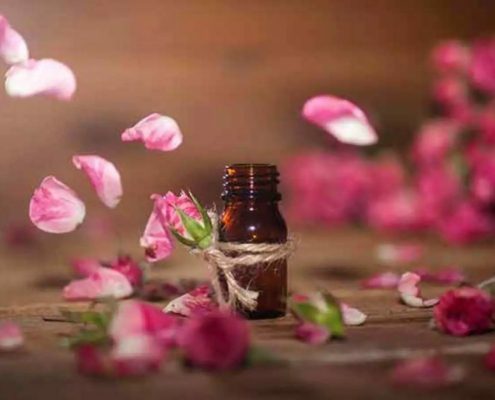
Which Fragrance is Good for Meditation?
The practice of meditation needs to have an atmosphere that can promote a feeling of calmness and relaxation. Certain scents have an incredible ability to enhance the sense of relaxation and serenity that can help transform the body and mind during meditation. For this reason, regular meditators are looking for fragrances that can help enhance their meditative experience. But with the overwhelming availability of fragrances in the market, it’s challenging to determine which fragrance is good for meditation.
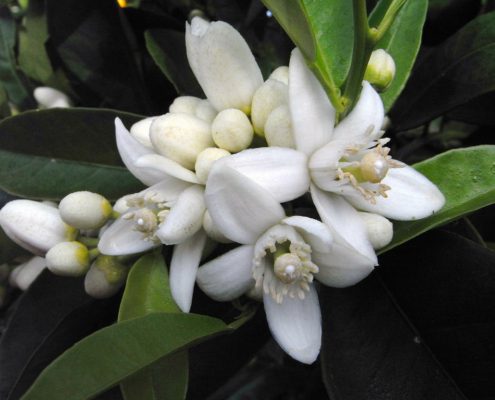
Neroli Perfume – Properties, Distillation, and History
Neroli perfume represents a surprising harmony of citrus and floral with unique hints of spices and honey although delicate, distinctive, and utterly refreshing. Neroli is one of the most widely used ingredients in natural perfumery. It tells a unique story, not only about each person who wears it but also about the long history of perfume.

Smell and Memory
The sense of smell is a crucial tool to predict dangers and survive in stressful situations for humans as well as other animals. With every breath, our nose is constantly inspecting the air around us and sending signals directly to the brain and nervous system whether we need to be more alert or not. The olfactory system is located deepest in the brain and the link between smell and memory is both impressive as well as under-appreciated.

How Do We Smell?
The sense of smell plays an important role in many biological processes such as it can help you to know what and where things are, including your favorite dishes or the offensive ones. It can warn you about burning things or rotten foods and can help turn your attention to taking necessary precautions. But, how do we smell? In fact, humans have wondered to know the facts about smell for centuries. In this article, we’ll explore how we smell scents, odors, perfumes
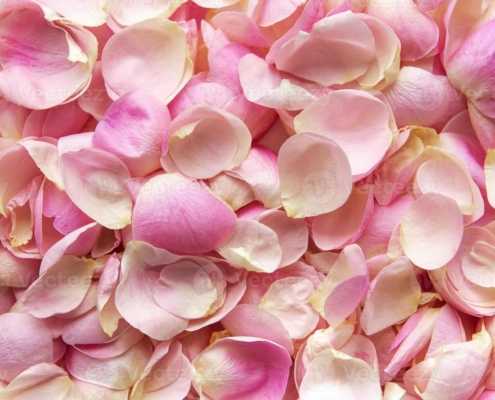
All Natural Perfumes
All natural perfumes are by far different than synthetic ones. If you have ever experienced the kind of sense of olfactory opulence natural fragrances can evoke in your body and mind and the healing benefits they can produce for your emotional and physical health, you will definitely understand that pure unadulterated perfumes are undoubtedly priceless gifts of nature that do not have any analogy.
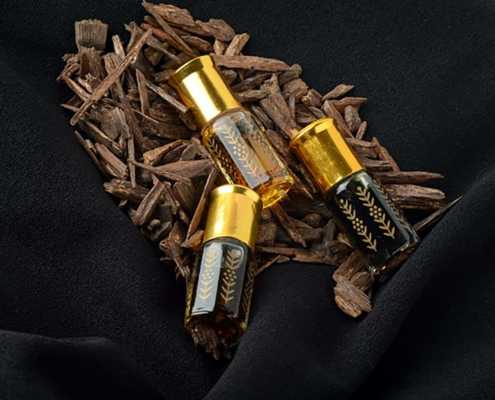
Oud Attar
The exquisite and complex scent of oud is intriguing and rare, and certainly, a precious gift of nature that is able to create a unique olfactory experience that evokes a sense of majesty, opulence, and supreme luxury. Oud is derived from agarwood, the resinous dark heartwood of a rare tropical tree called aquilaria native to the dense forest areas of India and some other parts of Southeast Asia.
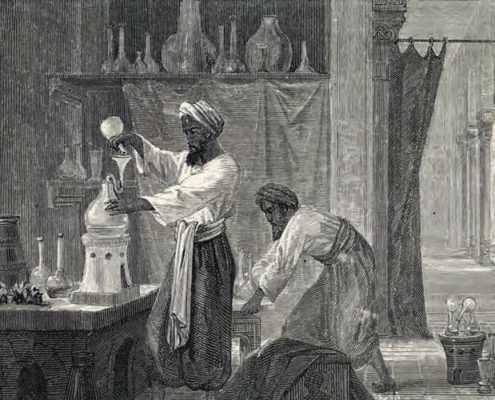
History of Perfume
Different cultures around the world prepared and used perfumes in many different interesting ways throughout history. Perfumes were expensive and used by the upper classes to distinguish their nobility. Perfume originated from Western Asia and was further refined by the Arabs, Persians, and Romans and eventually reached the West.
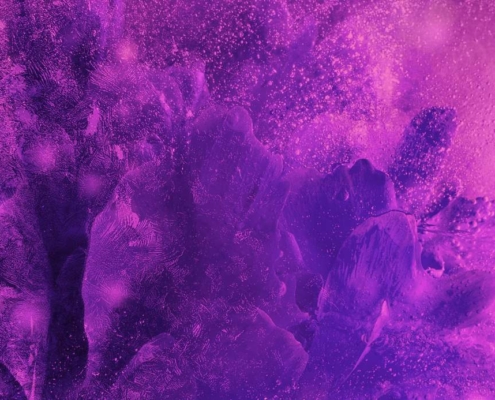
Effects of Scents on Emotions
Scents are closely intertwined with emotions, moods, memories, and perceptions. They have a great ability to influence both positive as well as negative emotions and may alter your moods either by enhancing or hindering them in certain circumstances.
Therefore,…
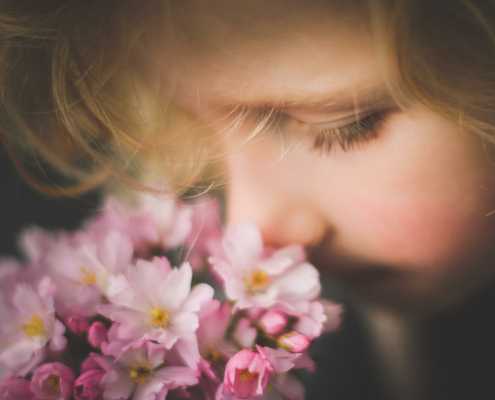
Autism and Perfume
Autism and perfume have been found closely linked. While certain synthetic perfumes and the ingredients they contain may play an important role in the development of autism, some natural perfumes have been described to have noticeable positive effects in the treatment and management of autism.
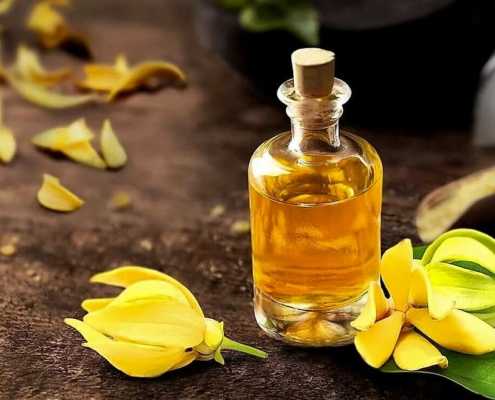
Ylang-ylang – Properties, Distillation, and History
Ylang-ylang oil has strong anti-inflammatory, antifungal, and antibacterial properties. These actions help alleviate fungal infections and symptoms of malaria.
Ylang-ylang has long been used for a range of therapeutic purposes. Modern scientific research has also substantiated many traditional benefits.
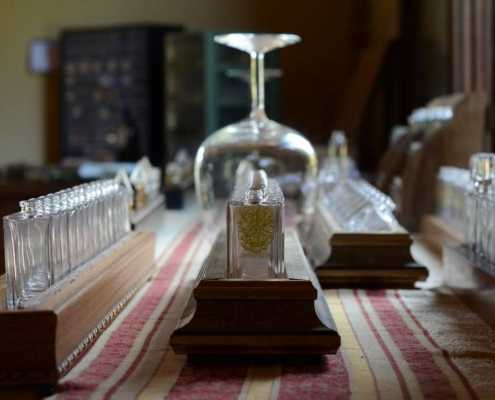
9 Reasons to Switch to Natural Perfumes
Scents are directly linked to our emotions and wellnesses. They have been found to be closely associated with our history and cultures for thousands of years. With the growing consequences of the health hazards of synthetic ingredients globally,…
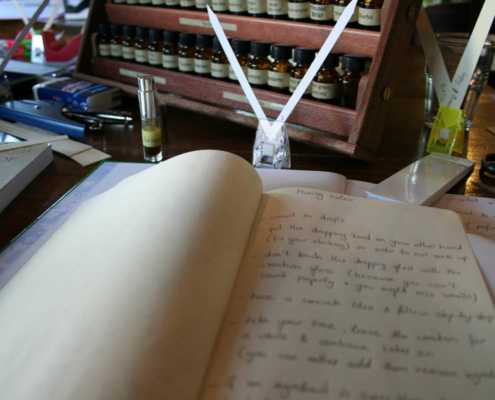
Custom Perfume – Your signature scent
Have you ever dreamt of wearing a perfume that is composed only for you entirely on your bespoke request and nobody else wears? If yes, then a custom perfume is the only solution that provides you advantages to compose your distinct signature…
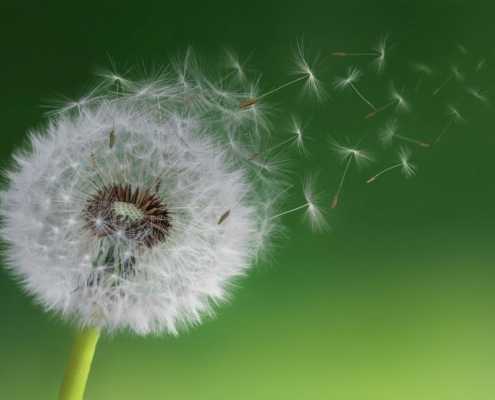
What Does Hypoallergenic Mean?
What does hypoallergenic mean? FDA stated that "There’re no Federal standards or definitions that govern the use of the term ‘hypoallergenic’. The term means whatever a particular company wants it to mean. Manufacturers of cosmetics labeled as hypoallergenic are not required to submit substantiation of their hypoallergenicity claims to FDA."

The Art of Perfumery – History and spirituality
Perfumes have been closely linked with human civilizations for thousands of years and the art of perfumery is continuously evolving over time since its origin. In ancient times they were associated with various aspects of life including spiritual,…
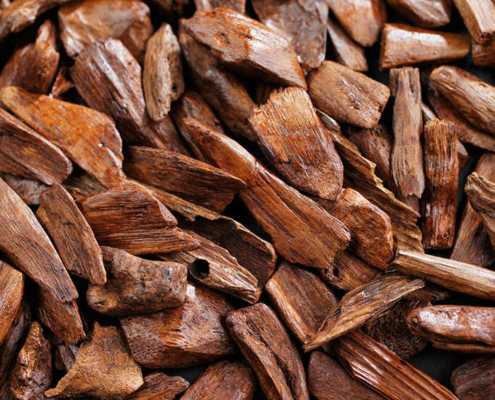
How Oud Perfume is made
Only a mature fungal infection can produce high-quality agarwood and trees that are more than 50 years old have the desirable ability to produce superior quality agarwood. Even though the infection occurs in a tree as early as 5 to 6 years of age, it takes around 10 years in total to produce good quality agarwood. Besides, many countries consider these old wild trees as threatened species.

Toxic Chemicals in Perfumes
The sense of smell is closely linked to our feelings and emotions. A specific perfume may remind you of your best moment in life, or the scent of warm yummy spices may remind your feeling with your favorite holiday baking. If you ask your…
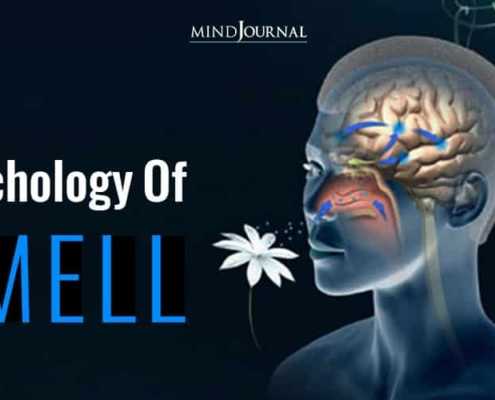
Olfactory Psychology
Olfactory psychology refers to the science that describes the effects of smells on the human psyche and nervous system, playing an important role in activating the endocrine system. It involves multiple psychological factors such as emotion, mood, memory, and behavior. Scents have been found closely intertwined with emotion and memory.

Botanical Perfumery
Botanical perfumery is the art of blending fragrance ingredients of botanical origin such as roots, flowers, seeds, resins, and gums to prepare aesthetically pleasing herbal fragrances. In Medieval Europe, fragrant botanical oils became popular for wellbeing and healing, which meant that the professions of physicians or apothecaries and perfumers became closely intertwined.

Essential Oils for Headaches
Essential oils offer a more effective and safer way to get rid of headaches without using medicines that often come with many unpleasant side effects. The best part of essential oils is that they not only reduce the symptoms of headaches but also help to address the underlying root of the issues causing the headache.
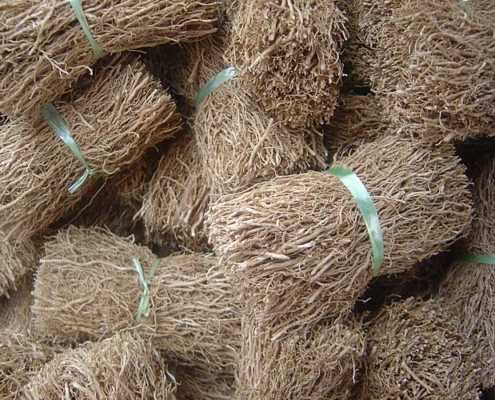
Vetiver Perfume: Properties, Distillation, and History
Vetiver oil acts as a natural antioxidant that may help reduce a wide range of inflammations. It also shows antiseptic actions that can help eliminate and inhibit the growth of invasive bacteria.
The vetiver oil is also used in messages to improve circulation, metabolism, and digestion. It naturally alleviates muscular aches and soothes joint stiffness and pain.
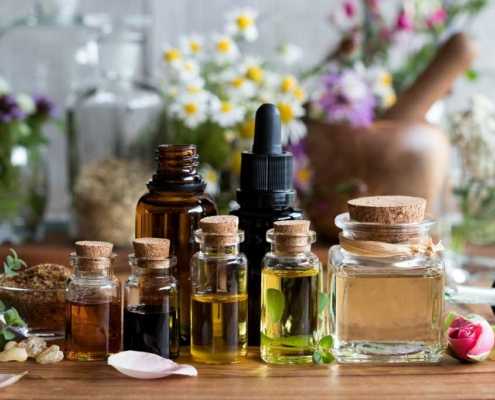
Antibacterial Essential Oils
The concept of using essential oils to combat infections isn’t anything new. Besides, modern studies found that certain essential oils can effectively kill micro-organisms including bacteria, viruses, and fungi without becoming resistant, making these essential oils great antimicrobial resources in modern medical science.

Ambergris Perfumes – History, smell and benefits
Ambergris is an animal pheromone and works well with several natural perfume oils such as oud, sandalwood, rose, and jasmine. Like all animal pheromones, it shows significant effects on hormonal activities, making it a very popular aphrodisiac for men and an infertility cure for women.
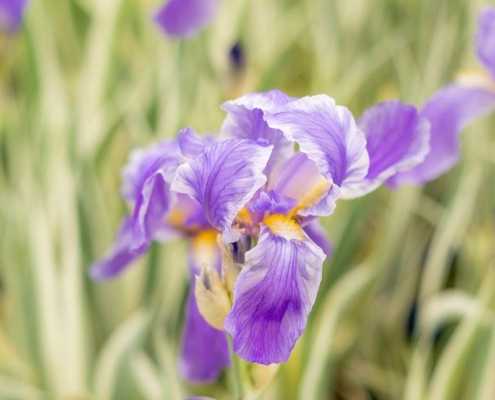
Iris Perfume – Properties, Distillation, and History
Iris perfume, also known as orris perfume, is among the most loved perfume notes for both men as well as women. Iris perfumes are made from iris butter, which is one of those legendary perfumery substances in the world – exclusively beautiful and extraordinarily expensive.
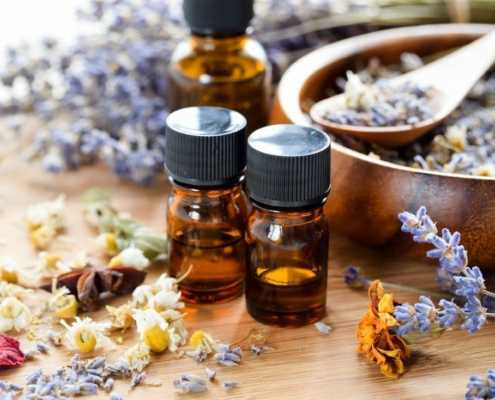
Essential Oils for Infections
Some essential oils have tremendous anti-microbial properties that can heal a large number of infective conditions including ear infections, sinus infections, bladder infections, skin infections, kidney infections, and urinary tract infections among others.
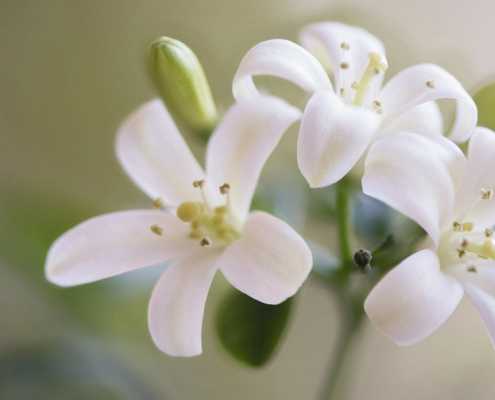
Jasmine Perfume – Properties, Distillation, and History
Jasmine perfume oil has diverse uses and benefits, making it one of the most expensive natural oils in the world. About 1 million flowers are required to produce 1 kg of jasmine absolute. Jasmine, popularly known as "the Queen of the night", helps to maintain emotional balance by promoting euphoric and peaceful feelings.
Jasmine helps to alleviate stress and anxiety without producing any sedative effects. Therefore, it’s also useful in reducing inflammatory conditions caused by emotional stress.












